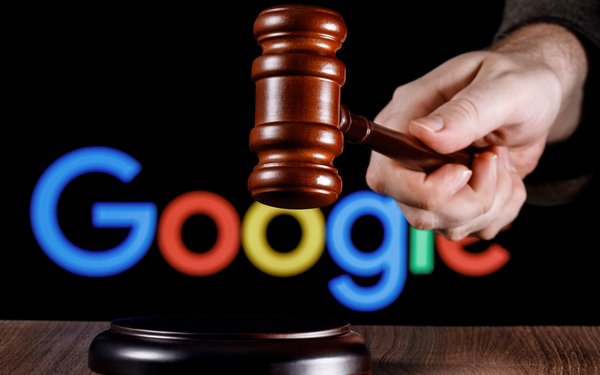by Wendy Davis @wendyndavis
Source: www.mediapost.com, August 2024
Siding against Google, a federal judge ruled Monday that the company violated antitrust law by arranging to serve as the default search engine on browsers operated by Apple and Mozilla, as well as on Android devices.
“Google is a monopolist, and it has acted as one to maintain its monopoly,” U.S. District Court Judge Amit Mehta in Washington, D.C. wrote in a 286-page decision handed down Monday.
He specifically found that Google maintained a monopoly in two markets: general search services, and search text ads.
“Importantly, the court also finds that Google has exercised its monopoly power by charging supracompetitive prices for general search text ads. That conduct has allowed Google to earn monopoly profits,” he added.
The ruling came in a lawsuit brought in 2020 by the federal Department of Justice and a coalition of states. They accused Google of violating anti-monopoly laws in several ways, including by obtaining dominance in search by contracting to be the default search engine in Mozilla’s Firefox browser and Apple’s Safari browser, and to have its search engine preinstalled on Android smartphones.
Google fought the charges on several grounds. Among other arguments, the company said its search deals reflected that its search engine was better than ones operated by other companies.
Google specifically noted that Mozilla — which began using Google as the default search for the Firefox browser in 2004 — changed the default to Yahoo from 2014, but reverted to Google in 2017. Google told Mehta that when Yahoo was the default search engine, Mozilla saw a decline in usage of the default search functionality, and in the number of Firefox users.
Mehta agreed with Google that its search engine was superior, but also said the company “thwarted true competition by foreclosing its rivals from the most effective channels of search distribution.”
Google “has long been the best search engine, particularly on mobile devices,” Mehta wrote, adding that Google’s partners “value its quality, and they continue to select Google as the default because its search engine provides the best bet for monetizing queries.”
But he also said that even if Google initially gained dominance due to its superiority, the distribution agreements helped the company to maintain that dominance.
Google “has a major, largely unseen advantage over its rivals: default distribution,” Mehta wrote, adding that in 2021 the company paid $26 billion to distributors via revenue sharing agreements.
“Because many users simply stick to searching with the default, Google receives billions of queries every day through those access points. Google derives extraordinary volumes of user data from such searches,” he added. “It then uses that information to improve search quality.”
Google says it plans to appeal.
“This decision recognizes that Google offers the best search engine, but concludes that we shouldn’t be allowed to make it easily available,” Kent Walker, global affairs president, stated Monday.
In addition to arguing that the distribution deals didn’t violate antitrust laws, Google also unsuccessfully argued to Mehta that there was no relevant antitrust market for “general search services” — meaning search engines like itself and Bing.
Instead, Google said, the market should be defined as companies that offer “query responses.” That proposed market would include Amazon, Yelp and social media companies.
Mehta rejected that proposed definition, writing that shopping sites or walled gardens like TikTok or Instagram don’t substitute for search engines.
The judge hasn’t yet indicated what remedy he may impose, but the tech industry-funded think tank Chamber of Progress speculated that the ruling could result in deals that favor Microsoft’s Bing.
“The biggest winner from today’s ruling isn’t consumers or little tech, it’s Microsoft,” Chamber of Progress CEO Adam Kovacevich, a former Google employee, stated Monday.
He added that the ruling “opens the door to a court mandate of default deals for Bing.”
But others, including the advocacy group Public Knowledge, praised Mehta’s decision. Public Knowledge policy counsel Elise Phillips stated Monday that the ruling “sets the stage to ensure that Google operates on a level playing field, creating an environment for healthier market competition and innovation that responds to the competitive pressure of rivals and consumer needs.”
Mehta has scheduled a status conference in the case for September 6.

